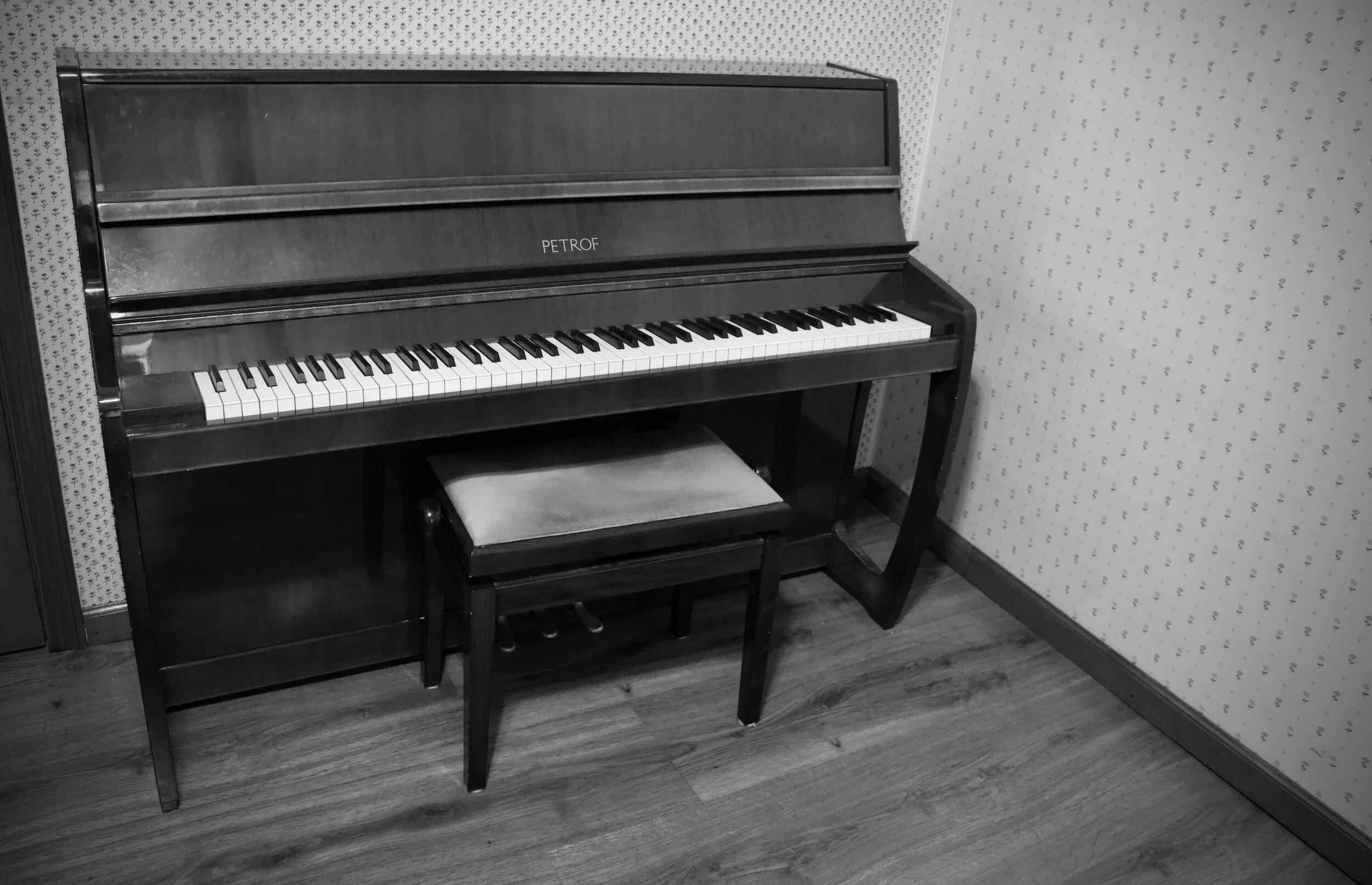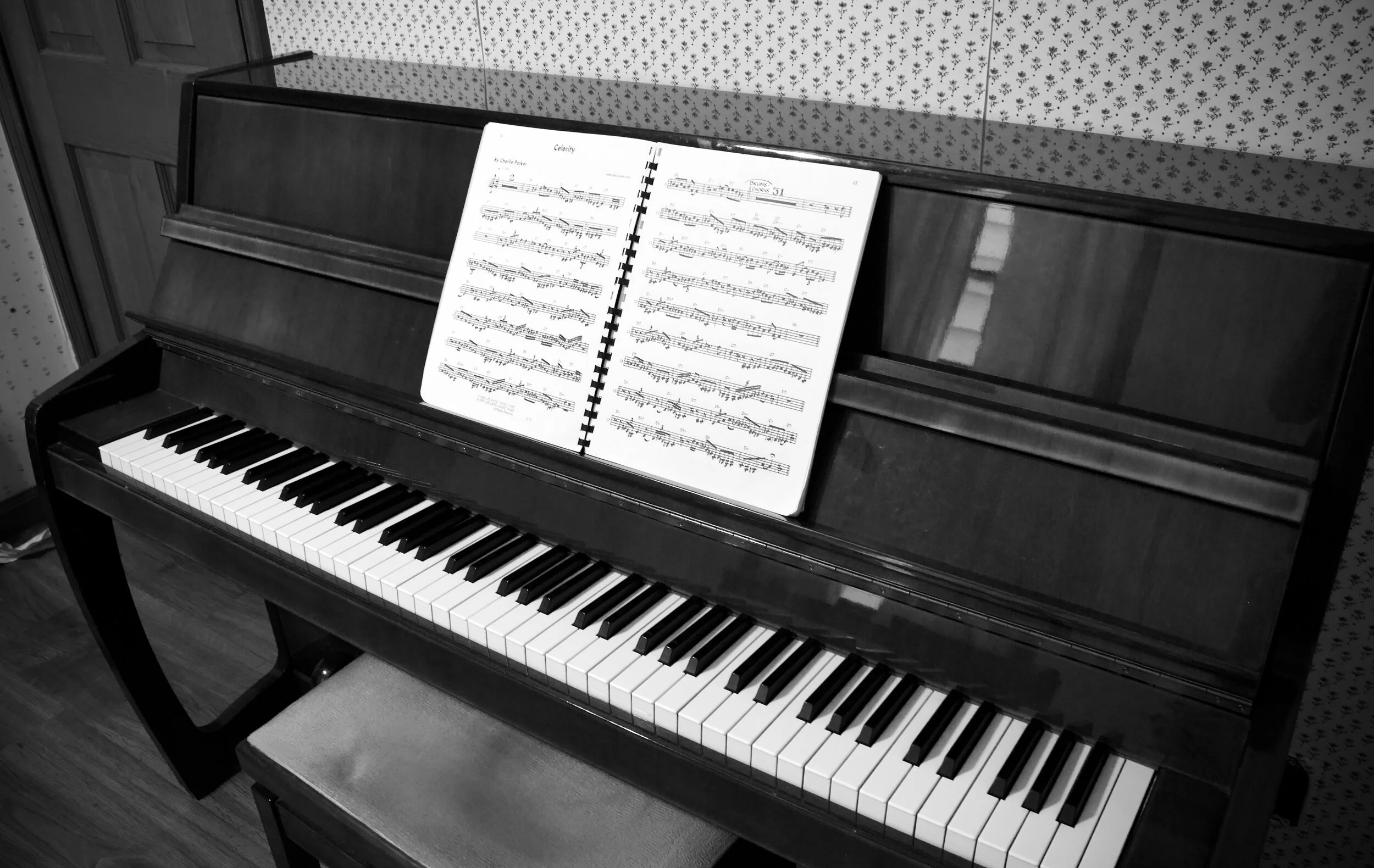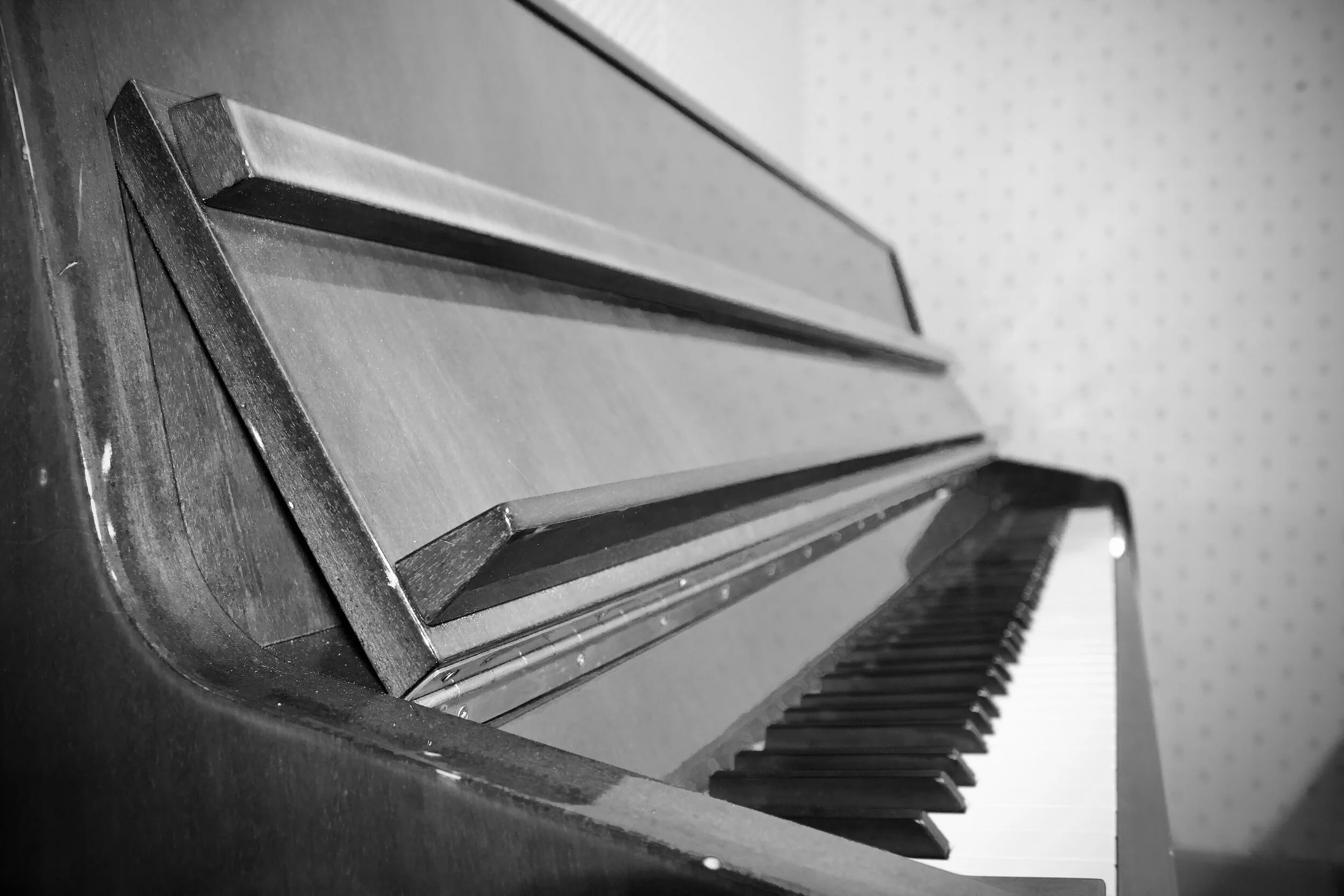Practicing 1 Key a Week Can Build Your Proficiency Faster
Have you always had a strong desire to build confidence on your instrument but struggled with the how and how often? I have a tendency to get lost in my own head probably about as much as the average musician which leads to self-doubt and inaction; ultimately zero productive behavior. We all go through periods like this as life will never completely stop throwing us curve balls in other areas. I’m a firm believer that we can enjoy the process of improving on our instrument just as much as reaping the fruits of our hard work after we’ve “mastered” a knew piece or technique. I’ve found that grounding my practice routine in habits that are regimented and simple to understand but also versatile enough to be applied at any stage of development has helped free me from (some) of the paralyzing fear of not knowing what to work on or how to improve.
We can enjoy the process of improving on our instrument just as much as reaping the fruits of our hard work
One of these habits was instilled in me by my incredible teacher of several years, Francesca Tanksley, who adopted the concept from her teacher. Now I’d like to pass it on to you. Dedicating the beginning of your practice sessions to technique work isn’t exactly a revolutionary idea, but this can easily become too broad and fuel that paradox of choice dilemma I touched on earlier. Instead we choose anywhere from one to a handful of technique practices we’d like to work on and practice them in one key per week. These technical practices can range from the major scale with both hands to a new chord voicing that you recently heard somewhere and took a strong liking to. For me this weekly schedule usually consists of a short list of scales, arpeggios and sometimes a new voicing or two that I faithfully practice in one key only. When I was first introduced to the idea I turned my nose up at it. I figured that if I was going to learn a new scale or voicing I simply had to know it in every key as soon as possible. While everyone learns differently and I am in no way discouraging this approach if it works for you, for many of us it can lead to burning out quickly and not internalizing the material properly. Music fundamentals are the most important part of the language and if you gloss over them, it will eventually show in your playing down the line. I’ve witnessed this first hand in my own playing and to this day I return to major scales and basic triads consistently and methodically to deepen my understanding of them.
Music Fundamentals are the most important part of the language and if you gloss over them, it will eventually show in your playing
Similar to any spoken language, basic words can take on deeper meaning and be connected together in an infinite number of combinations that may only reveal themselves with repeated application and maturity. For instance, someone just starting their music journey may think that practicing C triad arpeggios would only be useful when playing over a C chord. (I thought this at one point myself) But a C triad can be played over an Amin7 chord, an Fmaj9 chord, an Abmaj7#5 chord, a Bbmaj7#11 chord, a Bb7#11 chord and many more! The possibilities are endless when building from a strong foundation!
basic words can take on deeper meaning and be connected together in an infinite number of combinations
Recently I’ve been going back to review a lot of basics for my key of the week work; reviewing major, minor, and diminished scales as well as diatonic 7th chord arpeggios. If I were to try and practice all of these in every inversion for 4 octaves it would take quite a bit of time, my mind would get tired and frankly my fingers would be exhausted before playing any actual music! That’s definitely not what we want on a daily basis. The comfort in practicing using the key-a-week method is that you are consistently improving at a balanced pace. By the end of each week you are slightly more comfortable playing in that key, and by the end of 12 weeks (roughly 3 months) you’re more comfortable with that technique in every key because you’ve taken the time to digest the material and actually integrate it into your playing!
By the end of each week you are slightly more comfortable playing in that key
I like to apply some of the same logic to my music practice as I do my physical exercise plan. If you’re someone that frequents the gym or has ever tried to put on muscle you may have come across the idea of varying your routine regularly once your body has adapted to the work you’ve been putting it through to maximize improvement. If you try and jump the gun and take on more than you can handle you risk injuring yourself and not adapting, but if you refuse to challenge yourself or vary your plan you’ll never see improvement. This is why having an experienced teacher to work with on your music journey can really set you on your way by gauging your areas of interest and current skill level and recommending material that lands in that sweet spot!
What I love so much about this key-of-the-week method now is that it acts as a template; not a specific prescription. No matter what our current skill level, we can all benefit from making it a part of our routine by sliding in appropriate material. For example, if you’re just learning to play the piano for the first time, you may want to spend at least a week (if not more) getting yourself familiar with how each major scale feels in your hands using comfortable fingering. Whereas if you’ve been playing piano for a while and want to get better at improvising over the blues, you could dedicate each week to soloing over the progression in a different key. (Guitarists may want to experiment more with different positions) By the end of 12 weeks you’ll have become more comfortable with one of the most important building blocks of popular music in once case, or gained the confidence to take that solo in C# in the latter! And if you’re someone who is taking time to revisit fundamentals for your key practice, there are ways to up the challenge enough to keep your focus such as adding in a metronome to simultaneously work on timing and speed or incorporating mindfulness into the practice; resulting in a meditation of sorts that will up your comfort level with the material. I plan to dive deeper into both of these concepts in the future.
Thank you for reading and happy practicing!



